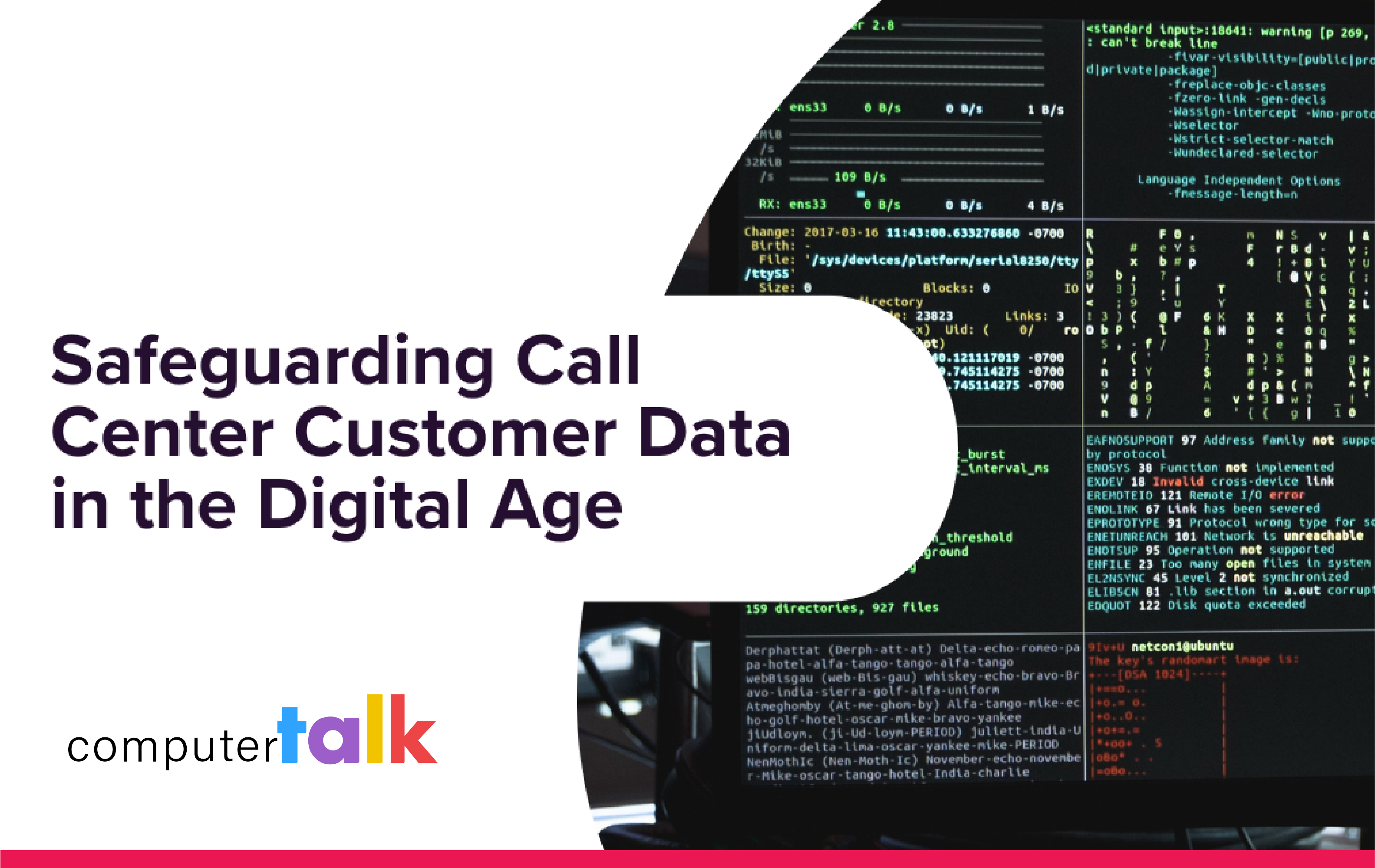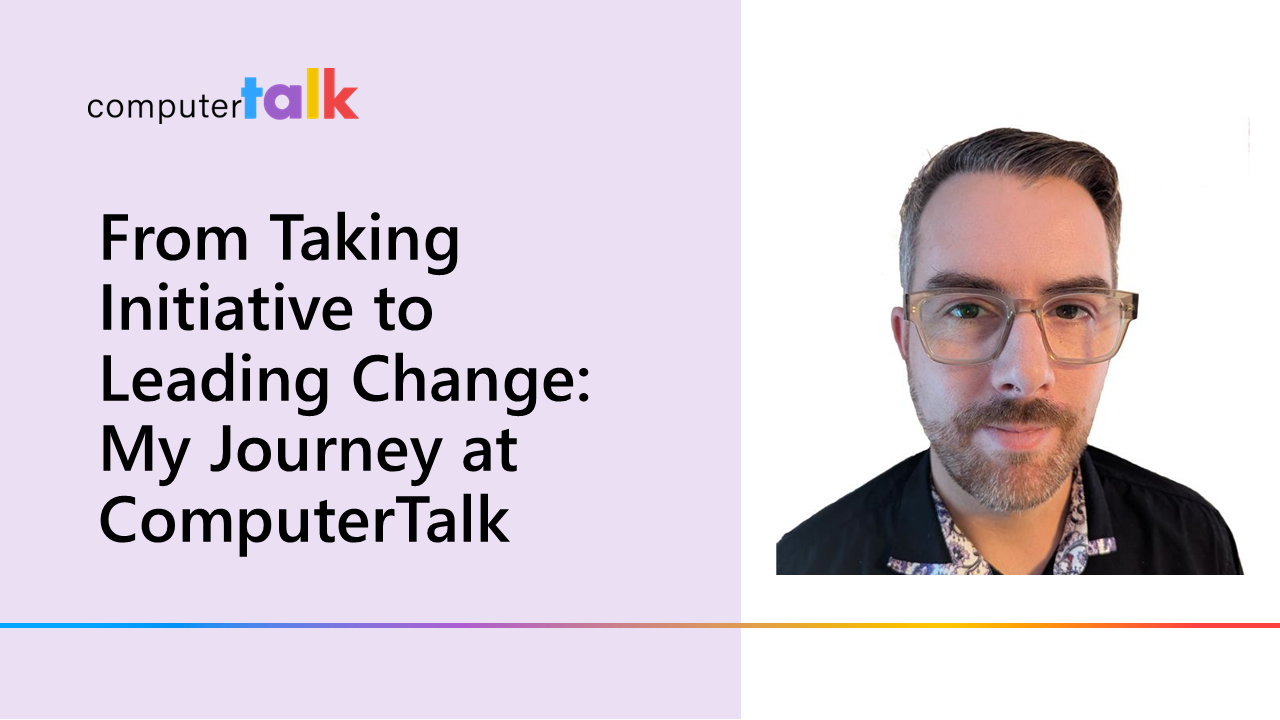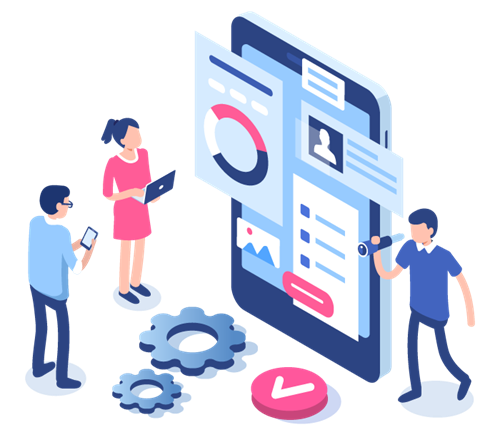Call Center Data Security: How to Protect Customer Data in the Digital Age
by Nicole Robinson | Published On November 17, 2023 | Last Updated June 26, 2025

Ensuring that sensitive customer data remains inviolate is not just a matter of compliance; it's vital for maintaining trust and credibility in the industry.
Protecting sensitive customer data isn’t just about meeting compliance standards—it’s about building trust and maintaining credibility in a competitive industry.
Call centers handle vast amounts of confidential information daily. As organizations shift to cloud-based systems and VoIP (Voice over Internet Protocol), the risk of data breaches should be a high priority. A strong data security strategy is now essential for every contact center.
Why Call Center Data Security Matters
Call center data security is critical in protecting sensitive customer information, maintaining compliance, and safeguarding your business reputation. With growing volumes of personal data—names, payment details, account credentials—flowing through contact centers daily, the risk of a breach is ever-present.
Whether caused by a cyberattack, an insider threat, or a system error, a data breach can have severe consequences:
- Financial losses from fines, lawsuits, and remediation
- Customer churn due to loss of trust
- Compliance violations under regulations like GDPR, CCPA, and PCI-DSS
- Brand damage that can take years to recover from
A well-known example is the 2017 Equifax breach, which compromised the personal data of nearly 40% of U.S. citizens. The incident led to reputational damage, legal penalties, and massive remediation costs, proving that data security failures are not just IT problems but business-critical risks.
By prioritizing call center security best practices—such as encryption, access controls, and compliance audits—organizations can prevent costly incidents and build long-term customer trust. Proactive data protection also helps avoid future expenses tied to breach response and regulatory penalties.
Ultimately, investing in contact center data protection isn’t just about staying safe—it’s about creating a secure, compliant, and customer-centric foundation for growth.
Call Center Data Security Best Practices
1. Encrypt Data at Rest and in Transit
For VoIP call centers and cloud-based systems, encryption is a critical first line of defense. Without proper encryption, sensitive customer information is vulnerable to interception or unauthorized access during transmission or storage.
When customer data is "at rest" (stored in databases or backups) or "in transit" (moving across networks), encryption ensures the data is rendered unreadable to anyone without proper authorization.
Common encryption protocols used in contact center security include:
- Transport Layer Security (TLS): Encrypts data during transmission, protecting it from interception over public or private networks
- AES (Advanced Encryption Standard): Secures stored data using military-grade encryption standards
- SRTP (Secure Real-Time Transport Protocol): Encrypts live voice communication for VoIP call centers
Using these encryption methods ensures compliance with standards like PCI-DSS and GDPR and significantly reduces the risk of a data breach—even if systems are compromised.
2. Restrict Data Access with Role-Based Permissions
Data security isn’t just about protection against external invasions; it’s also about internal control. Role-Based Access Control (RBAC) ensures that employees can only access the information necessary for their role—nothing more.
This principle of least privilege reduces the risk of data mishandling or leaks caused by human error or insider threats. For example:
- Entry-level agents may only view caller contact information
- Supervisors may access broader datasets like call history or case notes
- System admins may require access to user management and reporting tools
RBAC helps organizations comply with data protection regulations while making internal data governance more manageable. Combined with multi-factor authentication (MFA) and access audits, this approach strengthens your call center’s overall cybersecurity framework.
3. Meet Global Call Center Compliance Standards
Modern call centers operate in a globalized environment, making compliance with international data protection standards crucial. These laws, such as GDPR, CCPA, and even sector-specific protocols like PCI-DSS, are not mere bureaucratic hurdles but foundational to ensuring data privacy and protection.
- GDPR – The General Data Protection Regulation or GDPR, put into effect in 2018, imposes regulations on any organization that targets and collects data related to people in the European Union. The GDPR is the toughest privacy and security law in the world, signaling Europe’s firm stance on data privacy and security.
- CCPA – The California Consumer Privacy Act or CCPA, also enacted in 2018, secures privacy rights for California consumers. An amendment to the CCPA that added new privacy protections was approved in 2020 and officially took effect in 2023.
- PCI-DSS – The Payment Card Industry Data Security Standard or PCI-DSS, established by the PCI Security Standards Council, provides a baseline of requirements designed to protect payment account data.
Compliance Best Practices:
- Annual Evidence-Based Third Party Validation: It's not enough to self-assess your organization’s compliance. Using third-party experts to conduct evidence-based evaluations, as recommended by protocols such as SOC 2, adds another layer of trust and credibility to a call center's data handling practices.
- A Dedicated Data Protection Officer (DPO): Tasked with the responsibility of ensuring that the call center's practices align with international data protection standards, a DPO becomes the cornerstone of data privacy efforts.
- Routine Data Audits: Consistent checks and evaluations of data handling, storage, and processing practices are indispensable. Incorporating standards from security protocols like SOC 2 or the Microsoft 365 App Compliance program, which emphasize a comprehensive information security framework and secure development policies, can further bolster these audits.
- Robust Third-Party Data Processing Agreements: Outsourcing is common in call centers. However, when involving third-party services, aligning their data handling practices with not only GDPR or CCPA but also with specific standards like PCI-DSS is essential. This ensures that card payment data is handled with utmost security.
- Strict Change Management Practices: Implementing rigorous control over any modifications in the software or databases prevents unintended vulnerabilities. Using guidelines from security protocols ensures that any change, no matter how trivial, doesn't compromise data integrity.
- Regular Patching, Scans, and Testing: Following protocols like the Microsoft 365 App Compliance program necessitates regular security patching, vulnerability scans, and pen testing. This continuous vigilance helps in early detection and rectification of potential weak spots.
4. Train Staff to Prevent Call Center Data Breaches
Advanced security systems are essential, but human error remains a significant call center vulnerability.
Along with following data security best practices, make sure you are doing the following to reduce human error:
- Simulated Phishing Tests: Replace generic lectures with real-life simulations, using software like GoPhish to mimic real-world phishing scenarios. These interactive exercises help employees recognize and respond to threats more effectively, reducing the likelihood of costly security breaches.
- Clear Code of Conduct: Specify what is expected behaviorally from staff concerning data handling. Enhanced with Data Loss Prevention (DLP) tools, this ensures sensitive data isn't mismanaged.
- Digital Whistleblowing: Adopt encrypted platforms like SecureDrop, enabling staff to report suspicious activities anonymously.
Merging tech tools with behavioral protocols is vital. By doing so, call centers can fortify their defenses, ensuring both external cyber threats and internal vulnerabilities are aptly addressed.
5. Real-Time Monitoring and Incident Response
Modern call center data security is no longer about building an impervious fortress but about anticipating breaches and responding swiftly.
Real-time monitoring tools play a crucial role in this proactive approach:
- Intrusion Detection Systems (IDS) like Snort and Suricata continuously scan network traffic for suspicious activity.
- Intrusion Prevention Systems (IPS) work alongside IDS to automatically block threats as they emerge.
- When complemented by AI-driven analytics, these systems can detect anomalies in behavior patterns and trigger instant alerts or responses—minimizing risk and downtime.
Monitoring alone isn’t enough. You need a clear, actionable Incident Response Plan (IRP). Using the guidelines from the National Institute of Standards and Technology (NIST), an IRP should include:
- A clear communication hierarchy: Establishing a predefined chain of command ensures that the right people are notified quickly during a breach. For example, frontline agents alert their supervisor, who escalates to the IT security lead and the Data Protection Officer.
- Immediate containment and mitigation steps: These are predefined actions taken to stop the spread of an incident—such as disabling compromised user accounts, isolating affected systems, or blocking malicious IP addresses.
- Post-breach investigation procedure using forensic tools: This involves analyzing logs, system activity, and file changes to understand how the breach occurred and what data was affected. Tools like EnCase or FTK can help gather digital evidence for reporting and legal compliance.
Final Thoughts: Secure Your Call Center's Future
Call center data security in the digital age is about vigilance, continuous adaptation, and proactive measures. Through a combination of technology, training, and stringent protocols, call centers can protect their most valuable asset – customer data. Adopting modern call center security solutions is essential for long-term compliance, customer trust, and business continuity.
Want to strengthen your contact center's data protection? ComputerTalk offers solutions that guarantee robust security. Meet with a ComputerTalk representative today to learn more about how we can help!
More from our blog
 Learn how Microsoft Teams integrated contact centers are reshaping workflow optimization, communication strategies, and more!
Learn how Microsoft Teams integrated contact centers are reshaping workflow optimization, communication strategies, and more!
 Ten years ago, I joined ComputerTalk as a junior project manager, eager to learn and contribute. Looking back, I realize how pivotal that decision was for my career. ComputerTalk provided the perfect environment for growth—one that values trust, collaboration, and...
Ten years ago, I joined ComputerTalk as a junior project manager, eager to learn and contribute. Looking back, I realize how pivotal that decision was for my career. ComputerTalk provided the perfect environment for growth—one that values trust, collaboration, and...
.png?sfvrsn=9830cbc1_1) ComputerTalk is excited to share that our customer service team has been rated as 100% effective and knowledgeable by our customers in Info-Tech Research Group’s SoftwareReviews report.
ComputerTalk is excited to share that our customer service team has been rated as 100% effective and knowledgeable by our customers in Info-Tech Research Group’s SoftwareReviews report.

